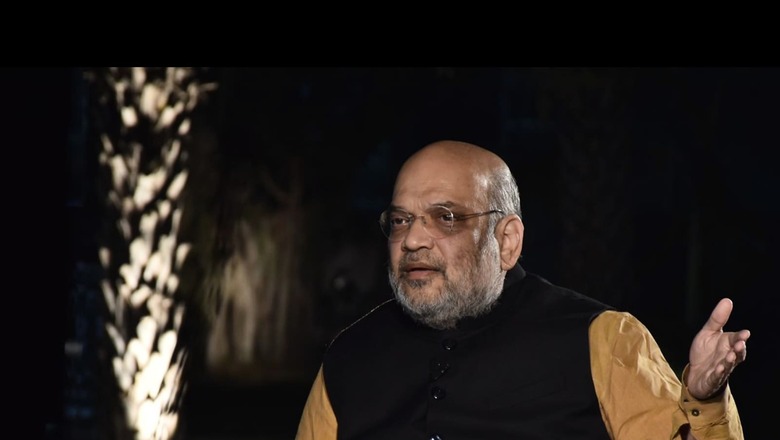
views
After the 9/11 attacks in the United States in 2001, the US military, after establishing dominance, started gathering “biometric measurements” of people in Afghanistan and Iraq, which included iris scans. This helped the US Army identify potential threats. In 2010, the New York Police, too, introduced the process of collecting data other than fingerprints of accused and convicts.
India’s Criminal Procedure (Identification) Bill 2022, which repeals the Prisoners Identification Act of 1920, goes in the same direction.
Minister of State for Home Affairs of India Ajay Mishra Teni tabled the bill in Parliament on Monday.
With the advanced technology, the scope of investigation has broadened. For this purpose, the word “measurement” has been expanded. Now it will include fingerprints, retina, iris and other biological samples, which will help the agencies in investigation. Having this data stored at a central level will make identification of the accused easier for the authorities.
“This is a progressive step in today’s times. Investigation can’t be done based on the old form. New technology has to be roped in to enhance quality and speed of investigation in view of the latest challenges,” a senior NIA official told News18.
DEFINITION, OBJECTIVE
The bill redefines “measurements” to include “finger impressions, palm prints, footprints, photographs, iris and retina scan, physical, biological samples and their analysis, behavioural attributes, including signatures, handwriting, etc”. The old act allows law enforcement agencies to take “finger and footprint impressions” only.
The objective of the new bill is to authorise law enforcement agencies to take “measurements” of convicts and other persons for identification and investigation in criminal matters.
WHO WILL COLLECT DATA?
The bill states that law enforcement agencies and police will be authorised to collect measurements of convicts, persons arrested in connection with an offence punishable under any law which is in force or detained under any preventive detention law.
A police officer, not below the rank of head constable, and an officer of prison, not below the rank of head warden, would be able to take measurement. In the previous Act, only sub-inspectors and above are authorised to take measurements.
But not all arrested persons will have to give measurements. “Any person arrested for an offence committed under any law in force for the timebeing (except for an offence committed against a woman or a child or for any offence punishable with imprisonment for a period not less than seven years) may not be obliged to allow taking of his biological samples under the provisions of this section,” the bill states.
HOW WILL IT BE PRESERVED?
The storing, preservation of measurements, sharing, dissemination, destruction and disposal of records will be done by the National Crime Records Bureau (NCRB), which comes under the Ministry of Home Affairs. The NCRB, which collects all crime data, will collect the record of measurements from the state government or union territory administration or any other law enforcement agencies, store, preserve and destroy the record of measurements at national level and process such records with relevant crime and criminal records. The NCRB will also be responsible for sharing and disseminating such records with any law enforcement agency.
The record of measurements shall be retained in digital or electronic form for 75 years from the date of collection of such measurement.
IN CASE OF REFUSAL, RESISTANCE
The bill has suggested powers to the magistrate if he or she is satisfied that the measurements are needed for the purpose of any investigation or proceeding.
Refusal to give measurements will attract criminal proceedings. The bill states that resistance or refusal by any person, who is required to allow the measurements to be taken under this Act, shall be considered an offence under section 186 of the Indian Penal Code (IPC).
Section 186 of the IPC states that whoever voluntarily obstructs any public servant in the discharge of his public functions, shall be punished with an imprisonment for a term of up to three months, or Rs 500 fine, or both.
Read all the Latest News India and Breaking News here




















Comments
0 comment